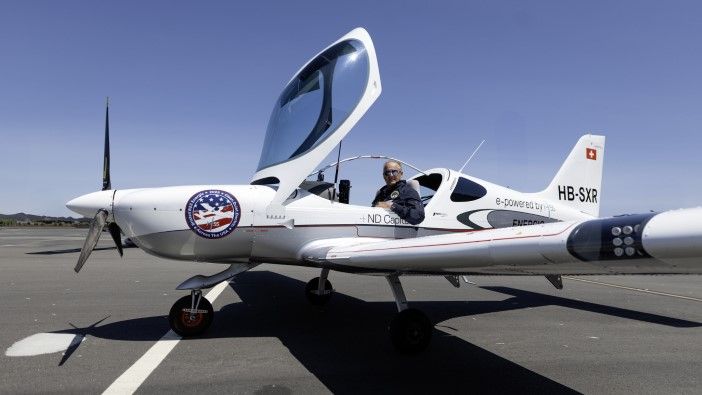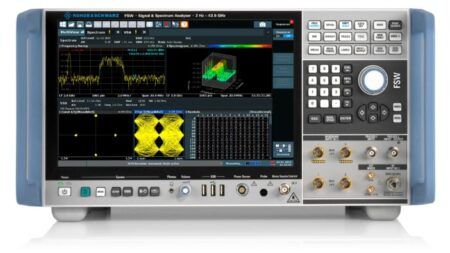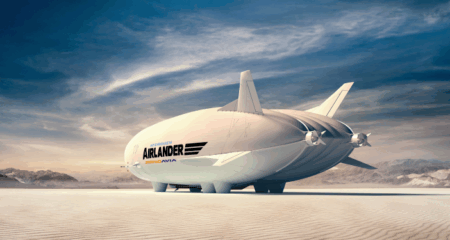Electric aviation company H55 has sold out the first two years of production for its Bristell B23 Energic electric trainer aircraft following a demonstration tour at California, USA airports that logged more than 50 flights with potential customers.
According to H55, the campaign at Palo Alto Airport and San Carlos demonstrated the aircraft’s 80-minute endurance with negligible energy costs and minimal maintenance requirements for flight training operations. Multiple on-site visits converted to purchase agreements during the demonstration flights, which included up to eight sorties per day.
“Flying Solar Impulse around the world proved that electric propulsion could conquer the skies. The B23 Energic proves it can conquer the business case,” said André Borschberg, executive chairman and co-founder at H55. “We are now at an important turning point in our growth as we start to generate product revenue on top of engineering revenue.”
Switzerland-based H55 was founded by the former Solar Impulse management team, including Borschberg, Sebastien Demont, and Gregory Blatt. Solar Impulse was the first piloted fixed-wing aircraft to perform the first circumnavigation of the Earth using only solar power in 2016.
The B23 Energic targets flight training operators with operating costs of approximately US$5 per flight hour for energy compared to conventional fuel costs. The electric propulsion system eliminates engine overhauls and reduces scheduled maintenance while enabling additional daily training sorties at noise-sensitive airports.
H55 plans for battery pack qualifications to be completed this summer, with full aircraft certification to follow shortly after. The aircraft uses identical battery technology and architecture to the system selected for RTX’s 1MW Dash 8 hybrid-electric flight demonstrator, demonstrating scalability from two-seat trainers to regional airliners.
“In just a few days we logged more than 50 sorties, with eight flights per day,” said Gregory Blatt, H55 co-founder and mission director. “We welcomed dozens of walk-up visitors and converted that interest into firm purchase agreements on the spot. Operators told us the math is undeniable – a five-dollar energy bill per flight hour, virtually no engine maintenance, and the freedom to fly extra evening circuits without disturbing the neighborhood.”
The electric trainer provides 80-minute endurance at end-of-battery-life for initial US deliveries, with negligible energy consumption during taxi, run-up, and pattern work. Flight characteristics include vibration-free operation that pilots consistently praised during demonstration flights for superior training experience compared to piston-engine aircraft.
The demonstration tour continues across eight US states with upcoming stops in Centennial, Colorado, Oshkosh, Wisconsin for EAA AirVenture, and East Hampton, New York. The company aims to engage aviation enthusiasts and industry leaders while demonstrating commercial viability of electric flight training operations.
Industry validation includes partnerships with Pratt & Whitney and CAE supporting the company’s technology development and certification pathway.
H55 develops certified electric propulsion and battery management systems for general aviation and regional transport aircraft applications.
The production sell-out positions H55 for rapid expansion with all capital expenditure already funded for initial manufacturing phases. Certification completion and broadening customer base support confirms the company’s readiness to deliver electric aviation propulsion and battery systems at commercial scale, said H55.





